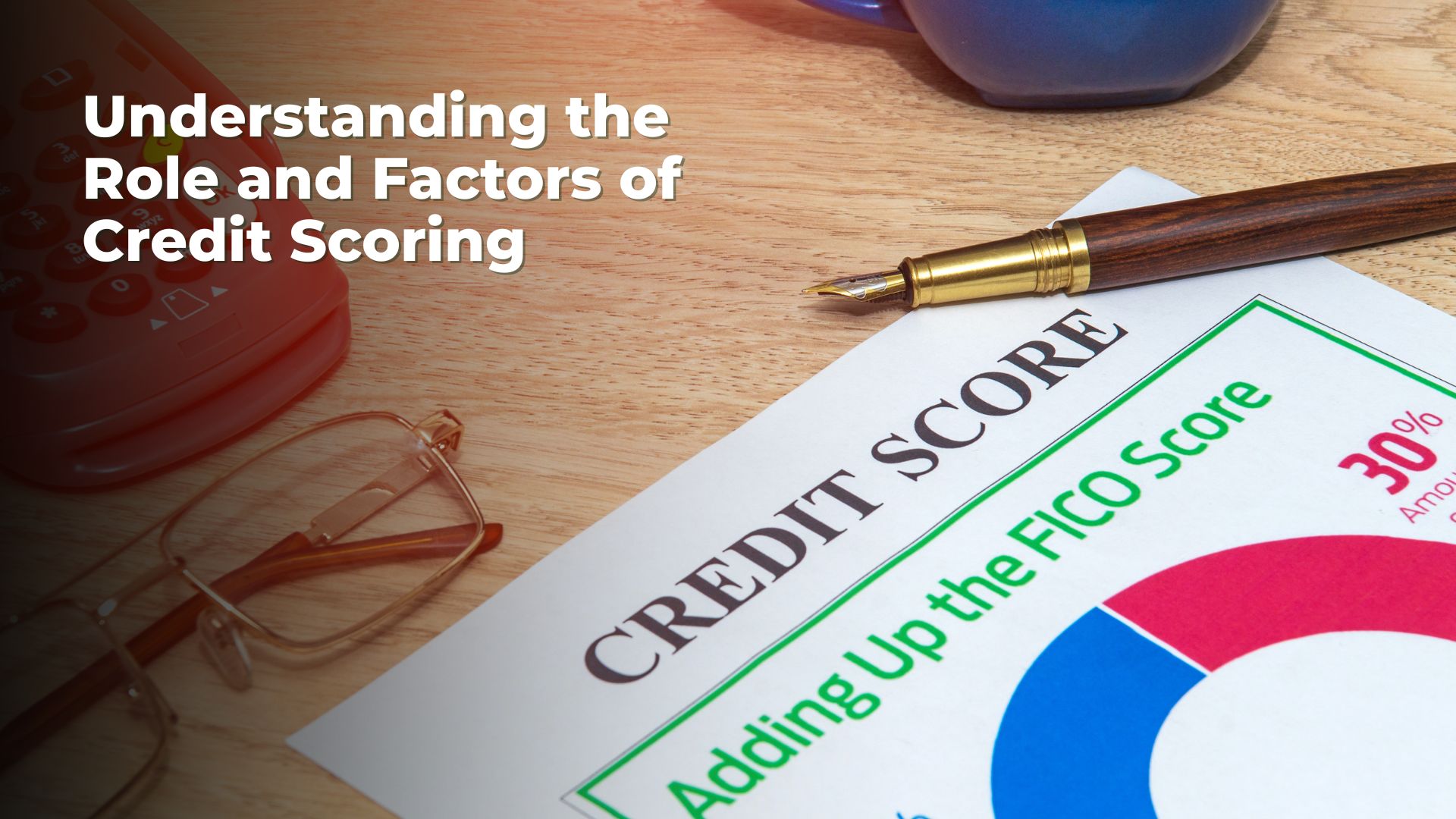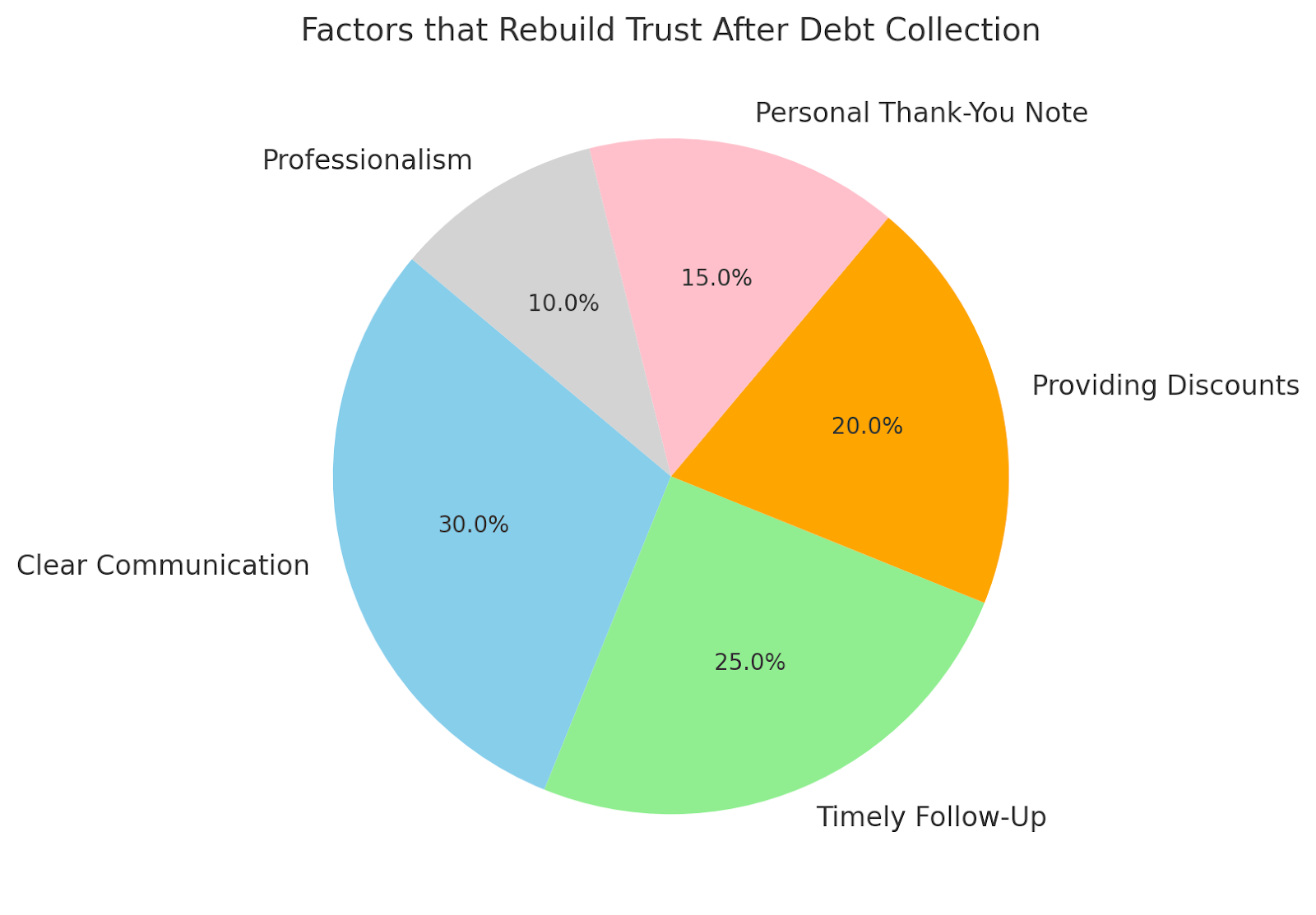

Did you know that nearly 60% of small businesses experience cash flow issues due to unpaid invoices? According to a QuickBooks analysis, late payments impact relationships, operations, growth plans, and the bottom line.
In the fast-paced business-to-business (B2B) transactions world, collecting debts from customers isn't just about reclaiming what's owed. Maintaining professional connections while standing up for your rights is a delicate balancing act. Long-term success depends on finding that balance.
In this article, we'll look into proven techniques that guarantee efficient and professional debt collection while maintaining a strong relationship. Whether you're a seasoned debt collector or a business owner looking to manage accounts receivable better, you'll find actionable insights here.
B2B debt collection, in contrast to consumer debt, has a complicated interaction between financial commitments and professional connections. While consumer collection might be transactional, business-to-business (B2B) collection focuses on safeguarding relationships while recovering funds.
To succeed, you need to approach collections with tact and professionalism. Your clients are companies that frequently struggle with their cash flow. A proactive and empathetic strategy can set the tone for smooth resolutions.
Preparation isn’t just half the battle—it’s the foundation of every successful debt collection effort. Even the most advanced techniques might fail without a strong foundation. The first step is establishing a dependable method for keeping precise and well-organized financial records.
Example: Imagine two businesses pursuing overdue payments. One has well-organized contracts with precise terms for payments and a reminder schedule. The other finds it difficult to reconcile verbal agreements and incomplete documentation. The first business keeps its professional reputation while also resolving conflicts more quickly.
Pro Tip: Log all client communications, including emails, calls, and reminders, using automated tools. This will provide you with a thorough history to consult during disputes.
Now that you've made these preparations, you can focus on the next important factor: effective communication. Let's analyze how developing this ability can improve the results of your debt-collecting efforts.
Clear, respectful communication is your secret weapon. As soon as a payment is past due, begin with a gentle but firm reminder. Be specific: include the amount owed, the original due date, and any penalties for late payments.
For Example: Try saying, "We noticed that your payment of $5,000 for Invoice #12345, originally due on [date], is still outstanding," rather than, "You owe us $5,000." To avoid additional charges, please arrange payment by [new date].
To ensure your message is understood, use a variety of channels, including phone, email, and even in-person meetings. But keep in mind that perseverance is the key.
Pro Tip: Always conclude discussions with a call to action. For instance, "Could you confirm the payment will be processed by Friday?" establishes accountability and provides a clear deadline.
Effective communication is the first step, but it's time to use automation and technology to speed up your debt collection operations and ensure no past-due accounts slip between the cracks.
In today’s business environment, technology is your greatest ally in making debt collection smoother, faster, and more efficient. You can focus on settling past-due payments without wasting time by automating repetitive tasks and utilizing advanced tools.

Automated payment reminders are a game-changer. They lower the possibility of forgotten payments by promptly informing clients about past-due invoices. Combined with customer portals, these technologies give customers an easy and transparent way to view and settle their accounts.
Debt management software helps you categorize accounts based on priority, track overdue payments, and plan your next steps. You spend less time looking for information when you have a consolidated platform that allows you to access records quickly. This efficiency translates into faster collections and fewer errors.
Take South East Client Services (SECS) as an example. SECS tracks past-due accounts, monitors payment cycles, and proactively resolves delays by incorporating advanced CRM tools into their business processes. This data-driven approach builds trust and ensures transparency even in complex debt collection situations.
Pro Tip: Invest in a secure and compliant CRM system that monitors past-due accounts and generates automated, customized reminders. This can drastically reduce the time and effort spent on manual follow-ups.
After technology completes its role, the next step is employing negotiation and resolution strategies to address accounts that need a more personal touch. Let's explore how empathy and flexibility could encourage successful resolutions.
Reminders alone aren't always enough to unlock past-due payments; sometimes, they require flexibility and teamwork. Finding solutions that benefit both you and your customer and create a win-win situation is the goal of negotiation, not sacrificing your bottom line.

Offering partial settlements or customized payment plans is suitable for encouraging customers. These choices provide financially strapped companies a bit of room, increasing the likelihood of agreeing to a payment plan.
Example: A creditor provided a six-month payment plan to a small supplier with cash flow issues. Showing compassion and understanding guaranteed repayment and improved their working relationship.
Pro Tip: Use open-ended inquiries, such as "What payment terms would work best for you?" when suggesting payment options. This encourages the client to participate actively in the resolution process and keeps the dialogue productive.
One of the most frequent obstacles to debt collection is disagreements. Consider them a chance to clear up misunderstandings rather than letting them throw the process off course. Review the documents, pay attention to the client's worries, and cooperate to find a solution.
Pro Tip: Always communicate professionally and keep your attention on the facts. Use expressions like "Let's review the agreement together to keep the tone cooperative."
When negotiation and flexibility have been exhausted, it's time to consider other avenues. Let's discuss what to do when internal efforts aren't enough.
One of the most frequent obstacles of collecting debts from customers is disagreements. Consider them a chance to clear up misunderstandings rather than letting them throw the process off course. Review the documents, pay attention to the client's worries, and cooperate to find a solution.
Pro Tip: Always communicate professionally and keep your attention on the facts. Use expressions like "Let's review the agreement together to keep the tone cooperative."
When negotiation and flexibility have been exhausted, it's time to consider other avenues. Let's discuss what to do when internal efforts aren't enough.
Not all past-due payments can be settled internally. Recognizing when to involve external experts can save time, protect relationships, and maximize recovery efforts. Escalating the situation doesn’t signal failure—it’s a strategic move to safeguard your business.
Engaging a reputable collection agency like South East Client Services (SECS) can make all the difference. With a focus on ethical and legal debt recovery, SECS ensures that the procedure is managed delicately while producing outcomes. Their expert technique eliminates pressure off your shoulders while maintaining your company's reputation.
Pro Tip: Give top priority to collection agencies with a track record of successful recoveries, strong compliance frameworks, and proven experience. By doing this, you can be sure that the people handling your accounts share your values.
Legal action may be required in rare instances if even third-party intervention is unsuccessful. Since it might cause relationship problems and incur significant expenses, this should only be used as a last resort. After exhausting all other options, pursue small claims or other legal procedures to recover funds.
With escalated efforts complete, the next step is to ensure your business relationships survive and thrive beyond the debt collection process.
Collecting debts from customers doesn’t have to mark the end of a business relationship. Professionally managing past-due payments can open the door to more solid, trustworthy collaborations.

Once a payment is resolved, take proactive steps to rebuild the relationship. Recognize the client's efforts to resolve the account and thank them for their cooperation. Maintaining trust can be significantly aided by this small act.
Pro Tip: Confirm your dedication to the collaboration and show gratitude in a follow-up email or letter. For instance: "We appreciate your cooperation in getting this issue resolved. We appreciate your business and are eager to keep working together.
Provide rewards for early payments or extend credit terms for consistent, on-time customers to prevent further payment delays. These actions promote on-time payments and reaffirm that cooperation is more important to your company than conflict.
Pro Tip: To preserve your cash flow, consider reviewing and revising your payment conditions to suit your client's financial situation better. Realistic and transparent language helps avoid future disagreements and delays.
You may recover past-due payments while preserving your connections by addressing debt collection with professionalism, empathy, and the right strategies. And with trusted partners like SECS, your business is better positioned to thrive.
Successful debt collection involves striking a balance between professionalism, empathy, strategy, and recovering past-due payments. You can recover what's due while preserving solid business ties by being well-prepared, communicating, utilizing technology, and understanding when to escalate.
South East Client Services (SECS) is a reliable partner in handling intricate debt collection situations. Their proficiency in ethical compliance procedures and advanced technology ensures quick and easy recovery. Ready to elevate your debt collection game? Contact SECS today and let the experts take the lead to safeguard your cash flow and strengthen your business.